Home>Articles>What Size Battery Do I Need For A Smoke Detector?
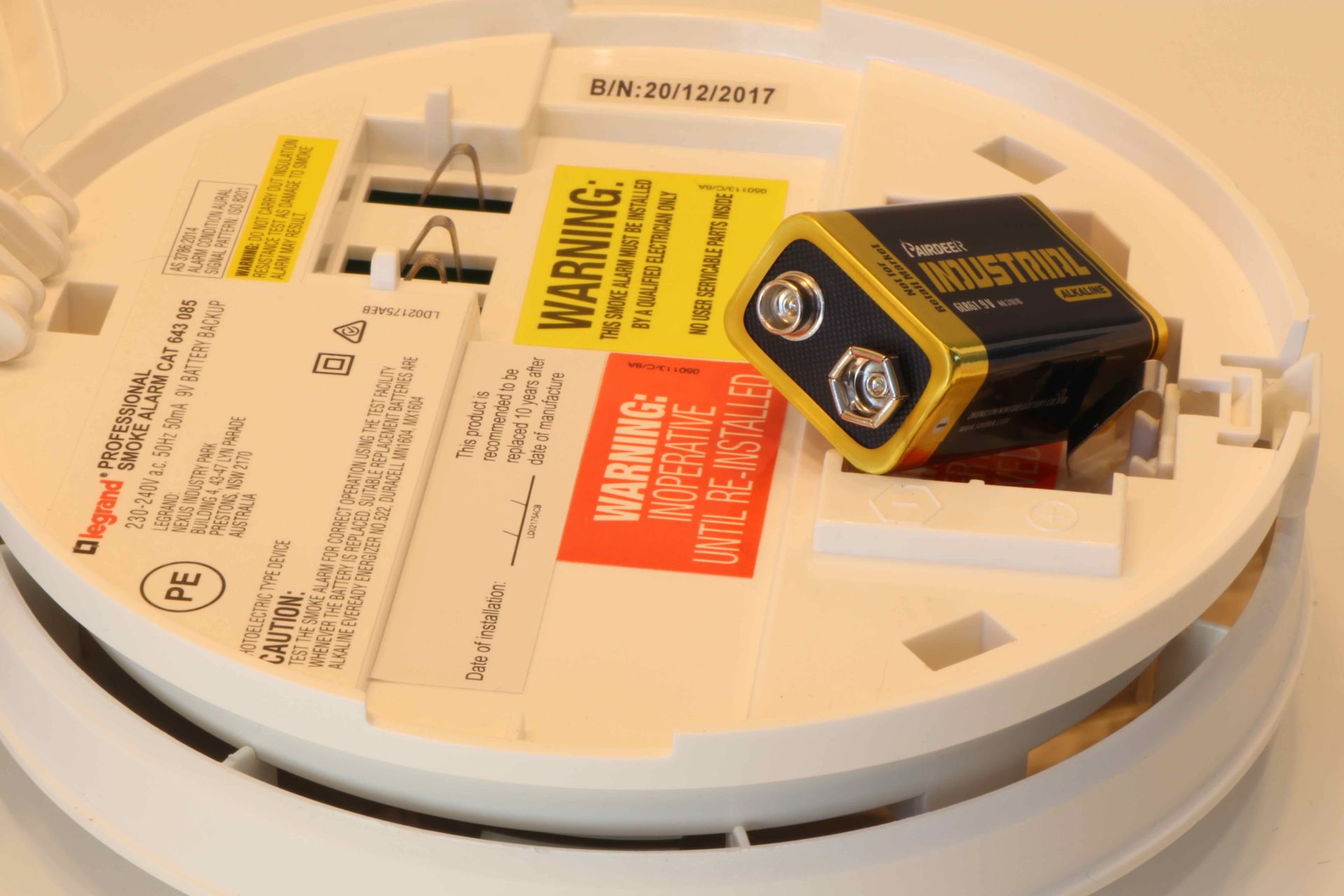

Articles
What Size Battery Do I Need For A Smoke Detector?
Modified: October 20, 2024
Learn about the right battery size for your smoke detector with our informative articles. Don't miss out on this essential information!
(Many of the links in this article redirect to a specific reviewed product. Your purchase of these products through affiliate links helps to generate commission for Storables.com, at no extra cost. Learn more)
Introduction
Smoke detectors play a crucial role in safeguarding residential homes and the lives of its occupants. These small, inconspicuous devices are designed to detect the presence of smoke and give early warning signs of a potential fire hazard. The importance of having functioning smoke detectors installed in your home cannot be overstated.
The purpose of this article is to provide a comprehensive guide on the battery sizes required for smoke detectors. Choosing the right battery size is essential for ensuring that your smoke detectors function effectively and provide reliable protection for you and your loved ones.
By understanding the different types of smoke detectors, the options available for batteries, and the factors to consider when determining the right battery size, you will be well-equipped to make informed decisions to keep your home safe.
Key Takeaways:
- Regularly test and replace smoke detector batteries to ensure optimal performance and early fire detection. Keep spare batteries on hand and establish a maintenance schedule for peace of mind.
- Consider interconnected smoke detectors for added safety, and seek professional assistance if unsure about battery size or installation. Prioritize regular testing and maintenance for reliable fire protection.
Understanding Smoke Detectors
Smoke detectors work on the principle of detecting smoke particles in the air and triggering an alarm to alert occupants of a potential fire. The two main types of smoke detectors are ionization smoke detectors and photoelectric smoke detectors.
Ionization smoke detectors use a small amount of radioactive material to ionize the air between two electrically charged plates. When smoke particles enter the ionization chamber, they disrupt the electrical current, triggering the alarm.
On the other hand, photoelectric smoke detectors use a beam of light to detect smoke particles. When smoke enters the detector, it scatters the light beam, causing the light to hit a sensor. This triggers the alarm.
Both types of smoke detectors have their advantages and are effective in different scenarios. Ionization smoke detectors are highly sensitive to fast-burning fires, such as those caused by flammable liquids. Photoelectric smoke detectors, on the other hand, are more effective in detecting slow-burning, smoldering fires.
It is recommended to have a combination of both types of smoke detectors installed in your home to ensure optimum fire detection capabilities.
Battery Types for Smoke Detectors
When it comes to powering smoke detectors, there are several battery options available to choose from. Let’s take a closer look at the commonly used battery types along with their pros and cons.
1. Alkaline Batteries: Alkaline batteries are widely used in smoke detectors due to their availability and affordability. They provide a reliable power source and have a decent lifespan. However, they can lose their charge over time, so regular battery maintenance is necessary.
2. Lithium Batteries: Lithium batteries are known for their long shelf life and superior performance in extreme temperatures. They have an extended lifespan compared to alkaline batteries and do not experience the same power loss over time. However, they tend to be more expensive than alkaline batteries.
3. Rechargeable Batteries: Rechargeable batteries, such as nickel-metal hydride (NiMH) or lithium-ion (Li-ion) batteries, offer an eco-friendly option for powering smoke detectors. They can be recharged multiple times and are a cost-effective long-term solution. However, they may have a slightly shorter battery life compared to alkaline or lithium batteries.
Each battery type has its advantages and disadvantages, and the choice depends on your specific needs and preferences. Consider factors such as cost, convenience, and environmental impact when selecting the battery type for your smoke detectors.
Determining the Right Battery Size
Choosing the right battery size for your smoke detectors is essential to ensure proper functionality and reliable performance. Here are some factors to consider when determining the appropriate battery size:
1. Manufacturer’s Recommendations: Check the manufacturer’s instructions or guidelines for the recommended battery size for your specific smoke detector model. Following the manufacturer’s recommendations ensures compatibility and optimal performance.
2. Smoke Detector Power Requirements: Different smoke detectors have varying power requirements. Some models may require specific battery sizes to provide sufficient voltage and current for the device to operate effectively. Ensure that the battery size you choose meets the power requirements specified by the smoke detector manufacturer.
3. Battery Compartment Size: Consider the physical size of the battery compartment in your smoke detector. It should be large enough to accommodate the selected battery size comfortably. Using a battery that is too large or too small may result in poor connections, which can lead to unreliable performance or even failure.
4. Battery Life: Evaluate the expected battery life for the chosen battery size. Higher capacity batteries generally offer longer-lasting power, reducing the frequency of battery replacements. However, keep in mind that longer battery life may come at a higher cost.
Remember to always prioritize safety and reliability when selecting the battery size for your smoke detectors. If you are unsure or have any doubts, consult the manufacturer’s guidelines or seek professional advice.
Check the manufacturer’s specifications for your smoke detector to determine the correct battery size. Most smoke detectors use 9-volt batteries, but some may require AA or AAA batteries.
Popular Battery Sizes for Smoke Detectors
When it comes to smoke detectors, there are a few popular battery sizes commonly used. Let’s explore these battery sizes along with their characteristics and the smoke detectors they are suitable for:
1. 9-Volt Battery: 9-volt batteries are widely used in smoke detectors due to their compact size and availability. They are commonly found in older smoke detector models. These batteries are rectangular in shape with two terminals and provide sufficient power for most smoke detectors.
Suitable Smoke Detectors: Many older models and some newer models of smoke detectors are compatible with 9-volt batteries. Ensure that your specific smoke detector model supports a 9-volt battery before using it.
2. AA Batteries: AA batteries are a popular choice for smoke detectors. They offer a good balance between size and capacity, making them suitable for various household devices.
Suitable Smoke Detectors: Many modern smoke detector models are designed to work with AA batteries. Check the specifications or manufacturer’s guidelines to confirm compatibility.
3. AAA Batteries: AAA batteries are smaller in size compared to AA batteries but still provide decent power. They are commonly used in smoke detectors that require a smaller battery size.
Suitable Smoke Detectors: Some compact or mini smoke detector models are designed to accommodate AAA batteries. Verify the battery size requirements of your smoke detector before using AAA batteries.
4. CR123A Batteries: CR123A batteries are lithium batteries that offer a longer lifespan and better performance in extreme temperatures. They are commonly used in advanced or high-end smoke detectors.
Suitable Smoke Detectors: Certain advanced smoke detector models, especially those with advanced features like wireless connectivity or advanced sensors, may require CR123A batteries. Check the specifications or consult the manufacturer to determine the battery requirements for your specific smoke detector.
It is essential to ensure the compatibility of the battery size with your smoke detector model to guarantee optimal performance and reliable operation. Check the user manual, manufacturer’s guidelines, or the smoke detector itself for information on the appropriate battery size to use.
Read more: What Size Awning Do I Need
Battery Life and Replacement
Understanding the average lifespan of smoke detector batteries and knowing when to replace them is crucial to ensure the continuous operation of your smoke detectors. Here’s what you need to know:
1. Average Lifespan: The average lifespan of smoke detector batteries varies depending on factors such as the type of battery and the power requirements of the smoke detector. Alkaline batteries typically last around 1 to 2 years, while lithium batteries can last up to 5 years or more. Rechargeable batteries may require more frequent recharging, depending on usage.
2. Signs of Battery Replacement: It’s essential to be aware of the signs indicating that your smoke detector battery needs replacing. These signs may include:
– Frequent low-battery warnings: If your smoke detector starts beeping at regular intervals, it is a clear indication that the battery voltage is low and needs replacement.
– Weak or intermittent alarm sounds: If the sound produced by the smoke detector seems faint or irregular, it may indicate a weak battery that needs replacing.
– Inconsistent or failed self-tests: Smoke detectors often feature a self-test function to ensure their proper functioning. If the self-test fails or produces inconsistent results, it may be time to replace the battery.
3. Replacing Smoke Detector Batteries: Follow these steps to replace the batteries in your smoke detector:
– Alert occupants: Before replacing the battery, inform everyone in your home that you’ll be testing the smoke detector, as the alarm may sound briefly during the battery replacement process.
– Locate the battery compartment: Depending on the smoke detector model, the battery compartment may be located on the front, back, or side of the unit. Consult the user manual or manufacturer’s instructions if unsure.
– Remove the old battery: Open the battery compartment and remove the old battery, taking note of the correct position and orientation.
– Insert the new battery: Carefully insert the new battery into the compartment, ensuring the correct polarity (positive and negative) alignment.
– Close the battery compartment: Once the new battery is securely in place, close the battery compartment, ensuring that it is properly sealed.
– Test the smoke detector: Test the smoke detector by pressing the test button or activating the self-test feature to ensure that it is functioning correctly with the new battery.
Regularly replacing the batteries in your smoke detectors is crucial to maintaining their effectiveness. Make it a habit to check and replace the batteries at least once a year or whenever a low-battery warning occurs. This simple step can help ensure the continuous functionality of your smoke detectors and improve the safety of your home.
Conclusion
Regular maintenance and proper battery management are vital for the continued effectiveness of smoke detectors in safeguarding your home. By understanding the various battery options, determining the right battery size, and being aware of the average lifespan and signs of replacement, you can ensure that your smoke detectors are always ready to provide early warning signals in the event of a fire.
It is crucial to prioritize regular battery maintenance for your smoke detectors to ensure their optimal performance. Here are some final thoughts and recommendations:
1. Test your smoke detectors regularly: In addition to replacing the batteries, it is essential to regularly test your smoke detectors to ensure they are functioning correctly. Follow the manufacturer’s instructions for testing procedures and perform tests at least once a month.
2. Keep spare batteries on hand: It’s a good idea to keep spare batteries readily available so that you can quickly replace them when needed. Consider storing them in a convenient location, ensuring they are easily accessible when it’s time for battery replacement.
3. Establish a battery replacement schedule: Create a maintenance schedule to remind yourself when to replace the batteries in your smoke detectors. Set reminders on your calendar or use technology like smartphone apps to ensure you don’t forget this crucial task.
4. Consider interconnected smoke detectors: Interconnected smoke detectors provide an added layer of safety. With this setup, when one detector senses smoke or triggers an alarm, all interconnected detectors in your home will also sound the alarm, alerting everyone to the potential danger.
5. Seek professional assistance when needed: If you are unsure about the battery size, compatibility, or installation process for your smoke detectors, do not hesitate to seek professional assistance. Certified electricians or fire safety professionals can provide guidance and ensure proper installation and functionality of your smoke detectors.
Remember, smoke detectors are your first line of defense against fires, and their reliability depends on regular maintenance, including proper battery management. By following these guidelines, you can have peace of mind knowing that you have taken necessary measures to protect your home and loved ones from potential fire hazards.
Frequently Asked Questions about What Size Battery Do I Need For A Smoke Detector?
Was this page helpful?
At Storables.com, we guarantee accurate and reliable information. Our content, validated by Expert Board Contributors, is crafted following stringent Editorial Policies. We're committed to providing you with well-researched, expert-backed insights for all your informational needs.
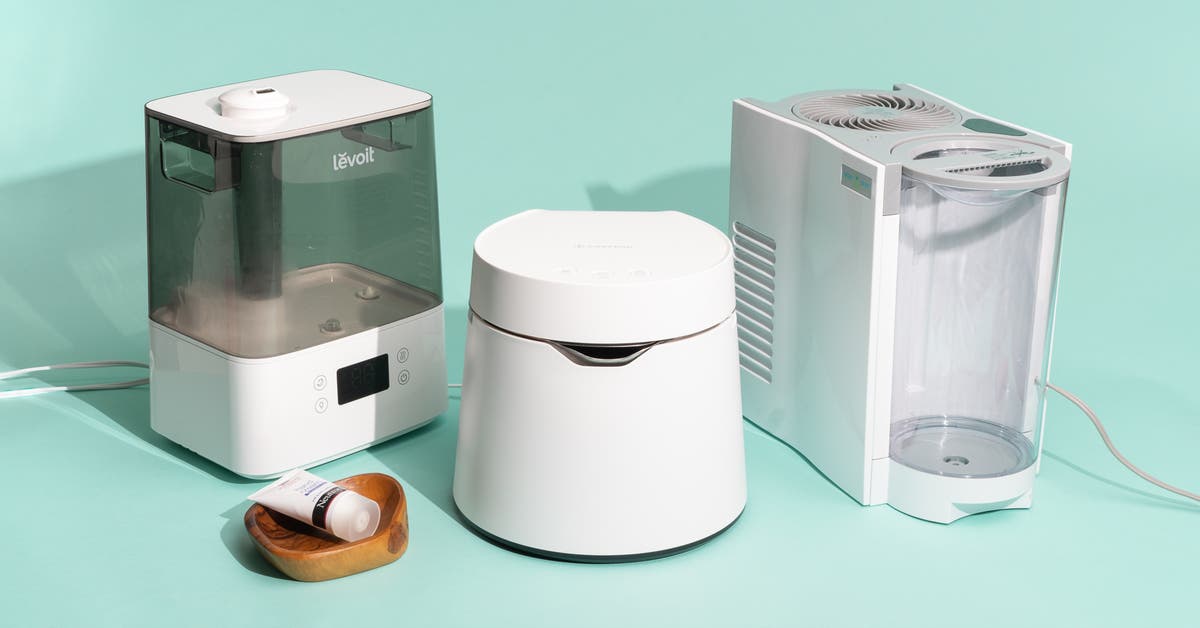
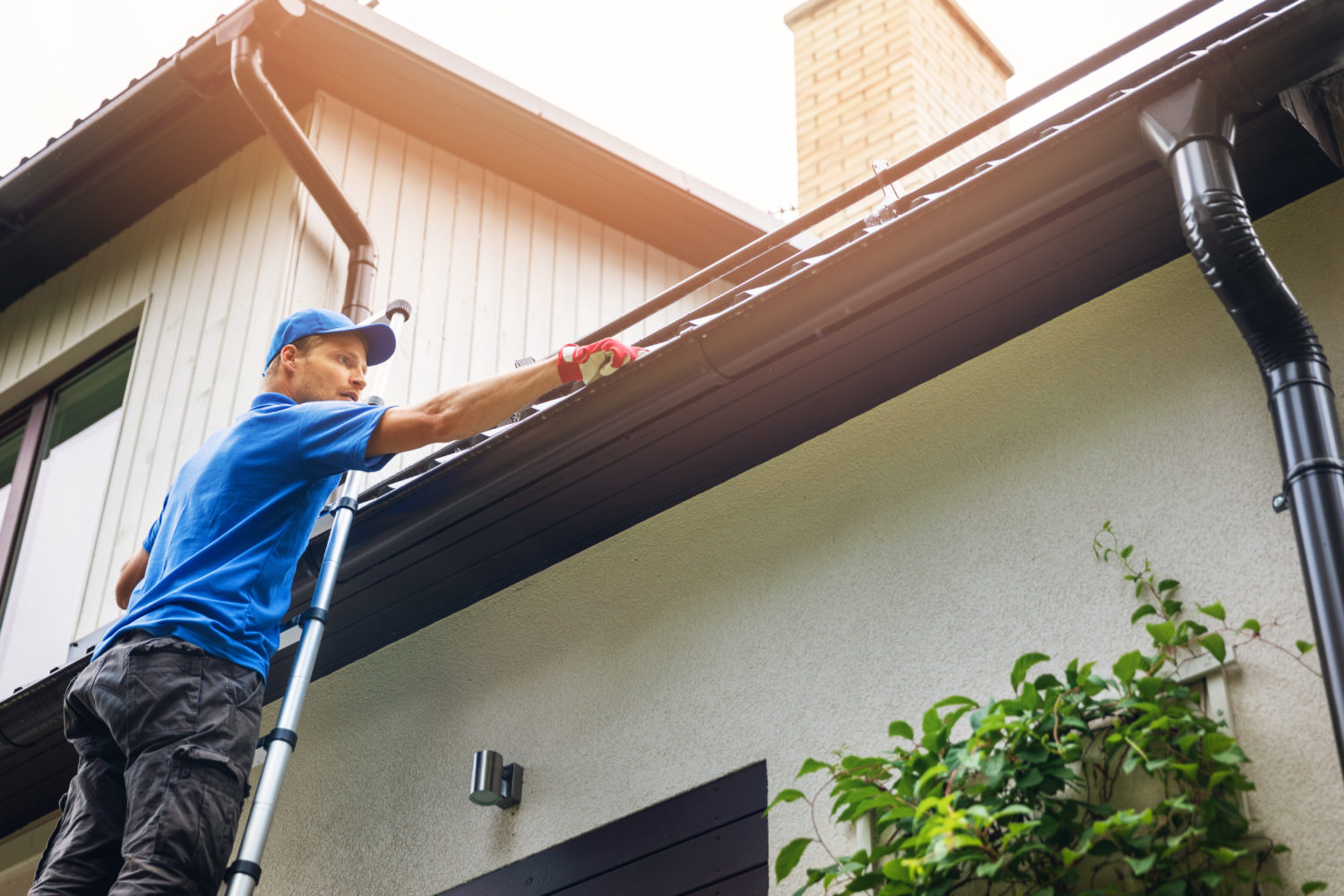
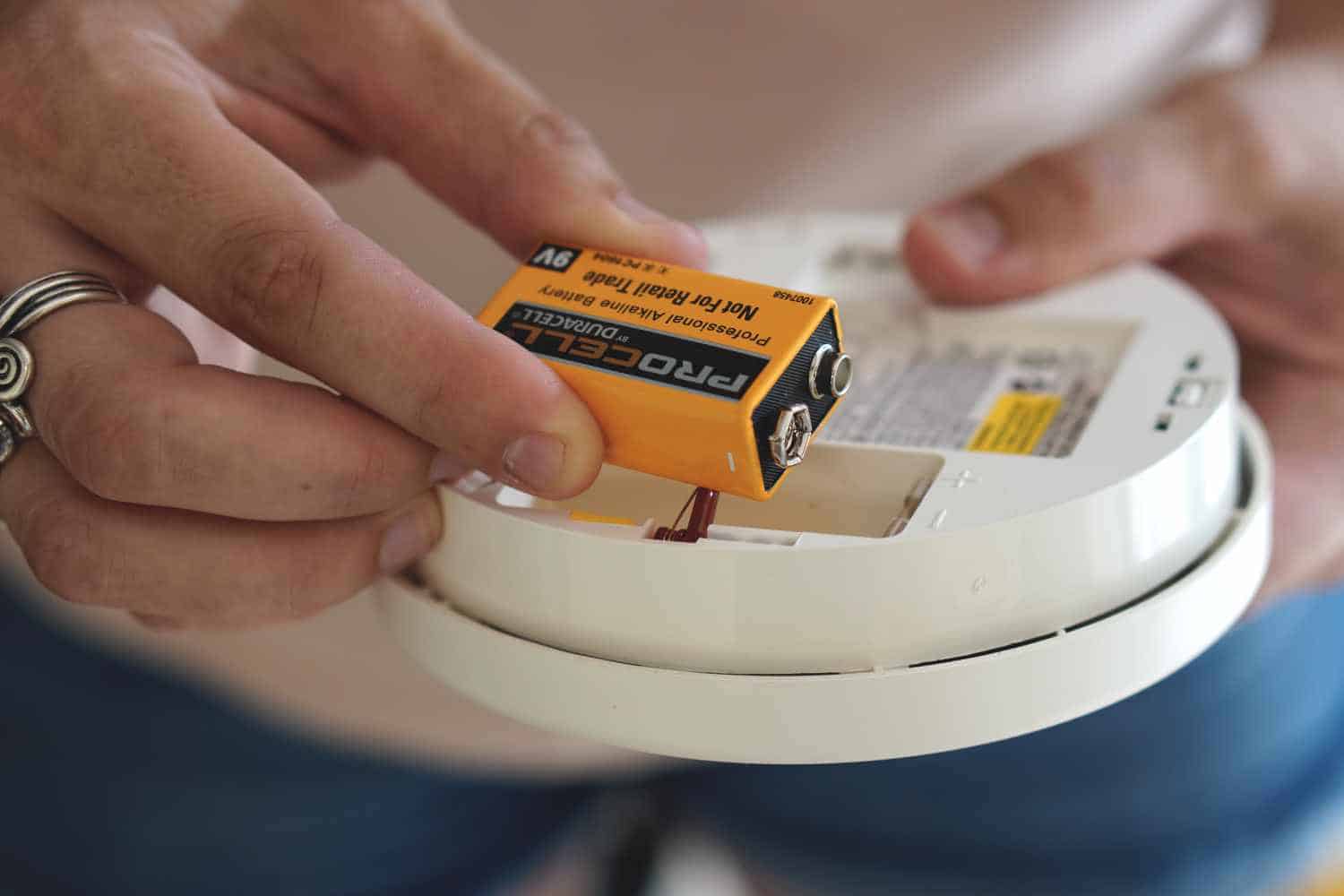

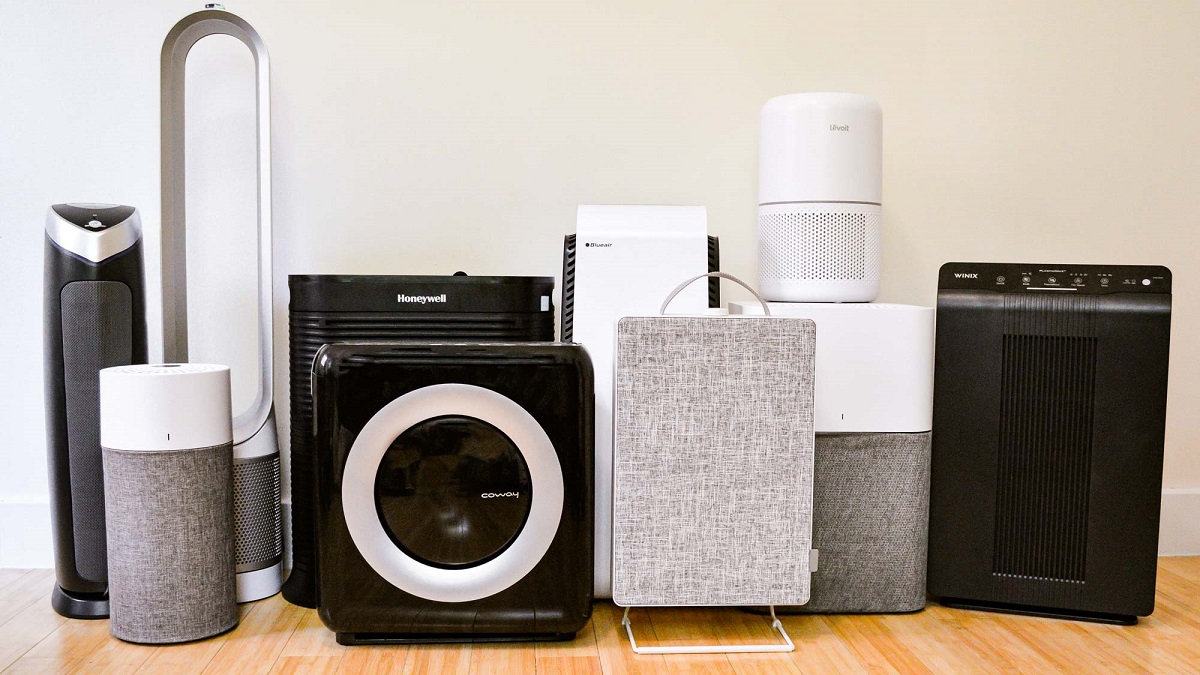
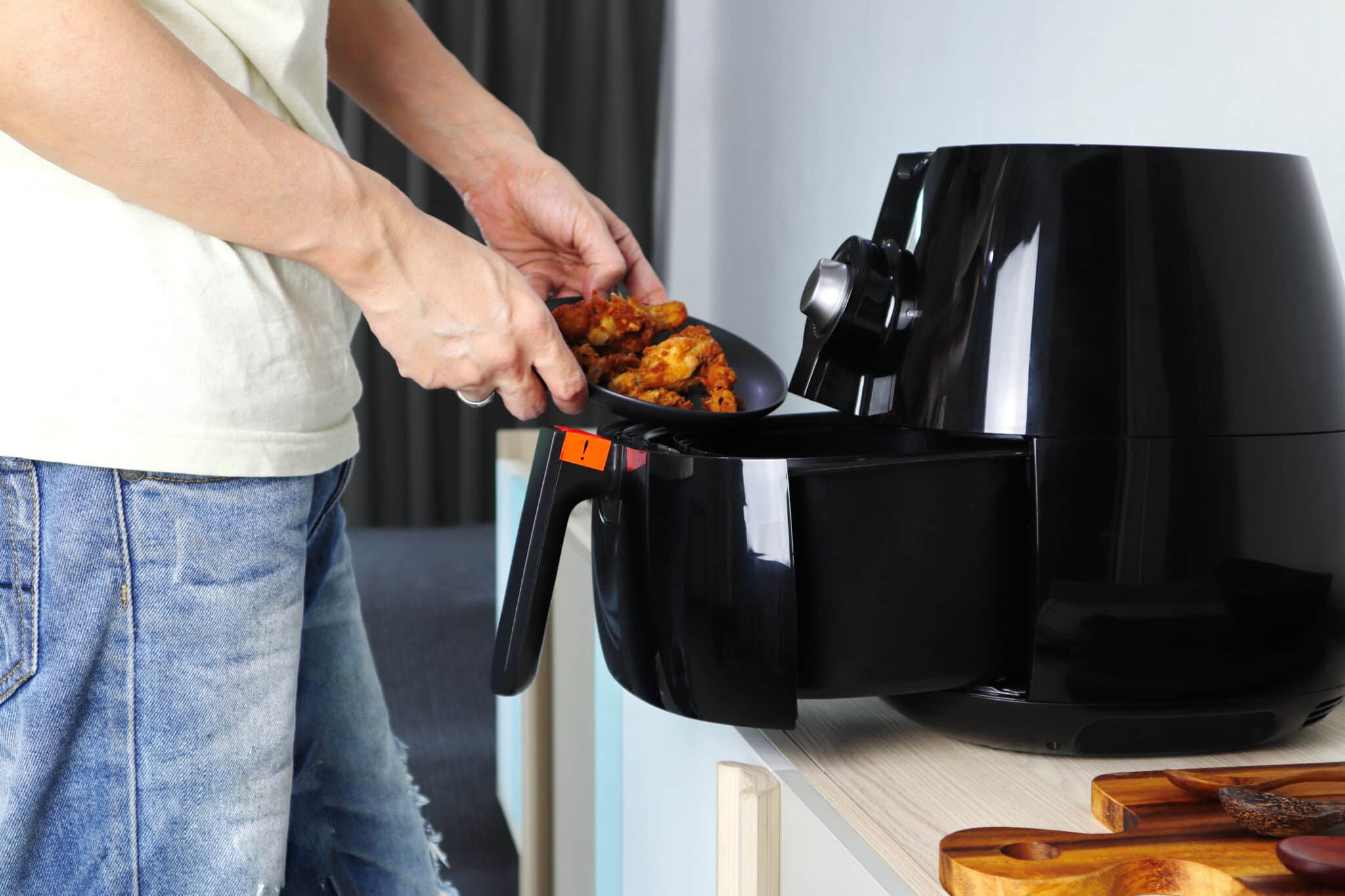




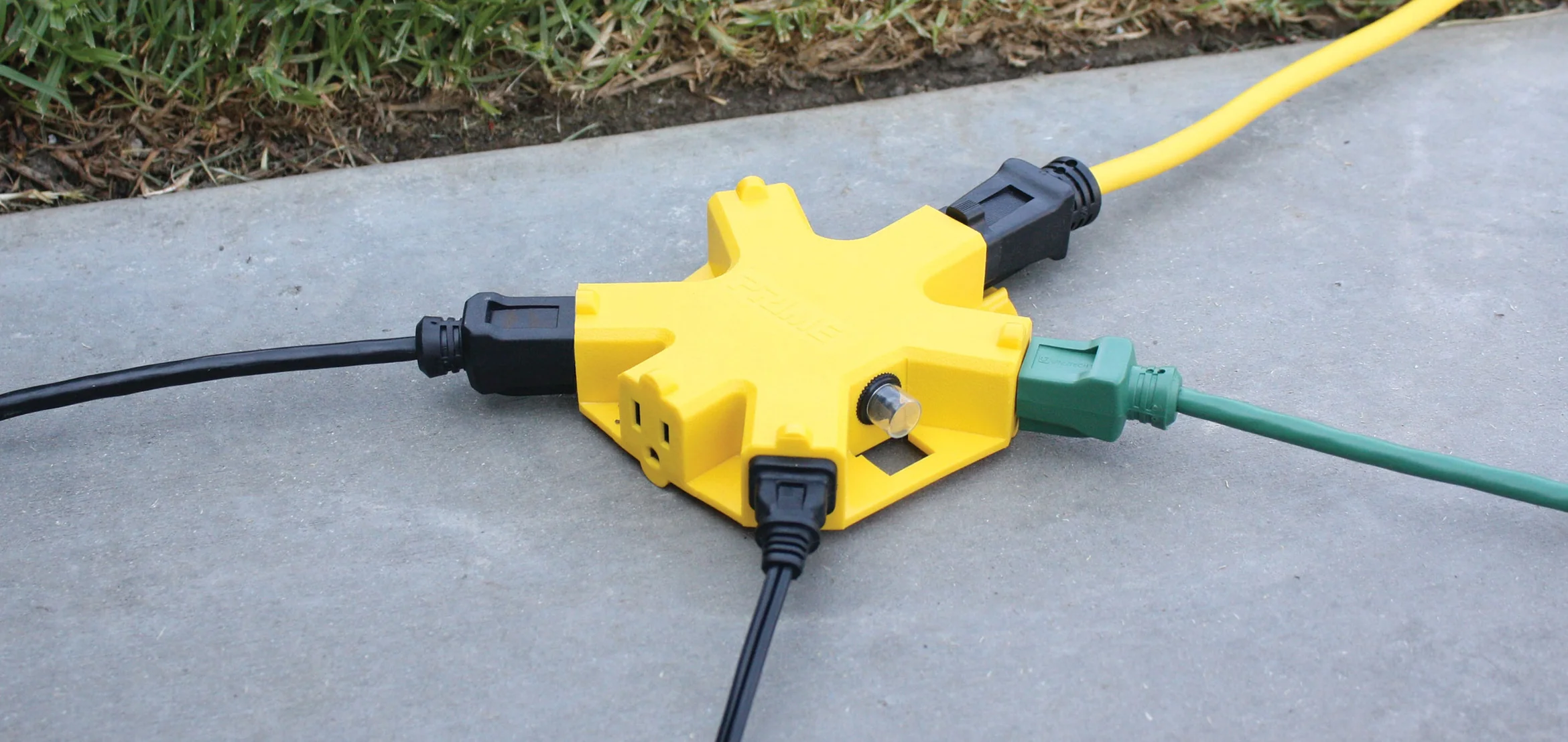
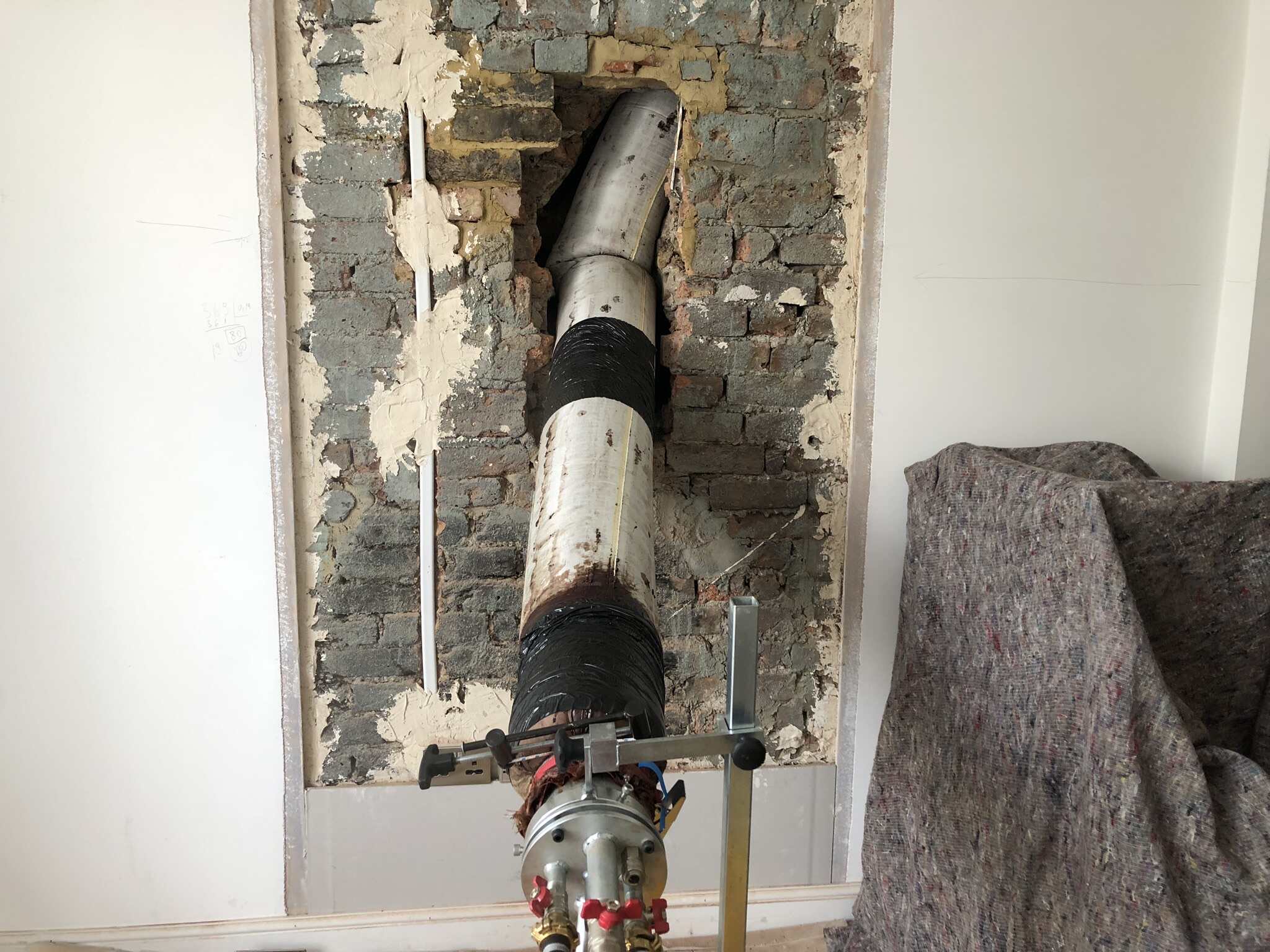
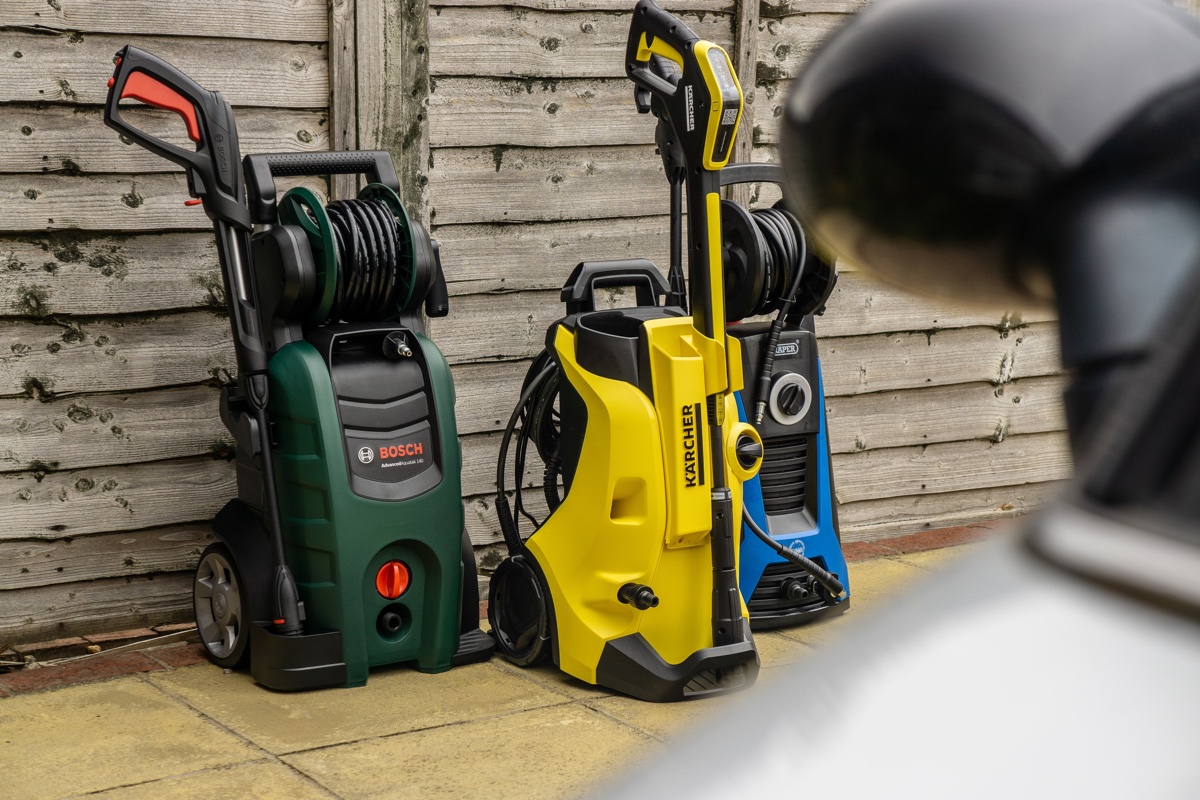
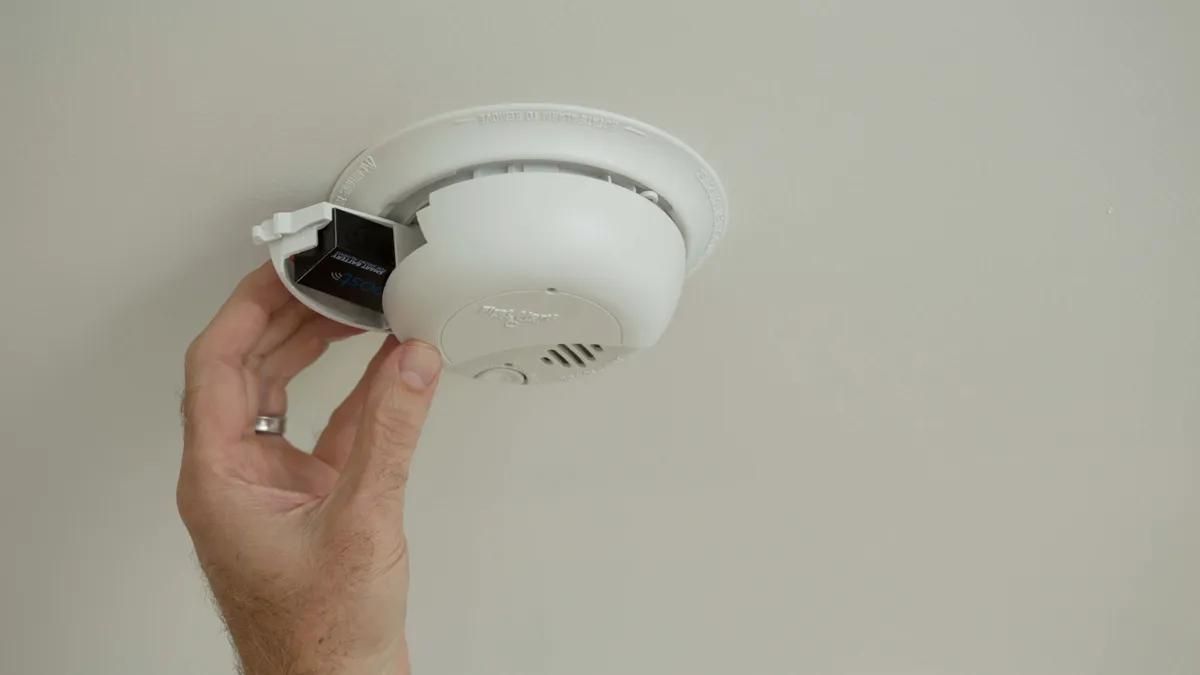

0 thoughts on “What Size Battery Do I Need For A Smoke Detector?”